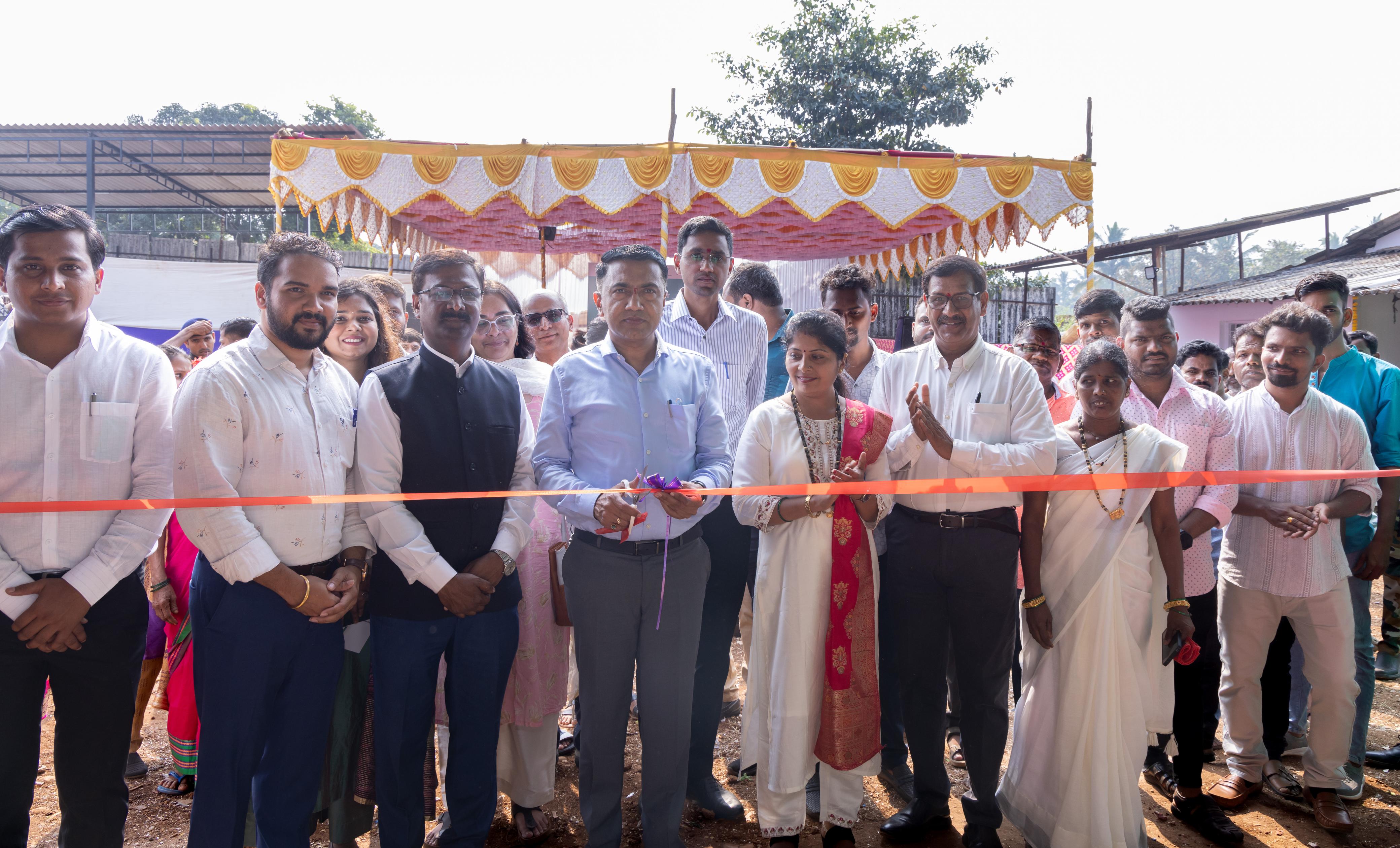Subscribe our Weekly Newsletter
Applications Invited for The Emergence of Artificial Intelligence: Opportunities and Challenges for Water Resources Planning

Organization: The Water Research Foundation (WRF)
Apply By: 21 Oct 2024
Grant Amount: 175000 USD
About the Organization
The Water Research Foundation (WRF) is the leading research organization advancing the science of all water to meet the evolving needs of its subscribers and the water sector. WRF is a 501(c)(3) nonprofit, educational organization that funds, manages, and publishes research on the technology, operation, and management of drinking water, wastewater, reuse, and stormwater systems—all in pursuit of ensuring water quality and improving water services to the public.
About the Grant
The emergence of AI applications in the water sector provides a significant opportunity for water resources planning and management through advanced tools for modeling, data analysis (including identifying trends and patterns), prediction, optimization, and decision-making. The use of AI can enhance water resources planning through a multitude of ways, including the abilities to more effectively predict short- and long-term demand, manage and model availability and quantity of supplies, predict potential impacts of climate change to both supply and demand, implement conservation efforts, optimize water delivery and distribution via smart infrastructure, make more informed policy decisions, and evaluate or plan for future water supply investments. Numerous studies have been completed recently, each highlighting the expansive potential applications of AI as listed above (examples include Saxena et al. 2024; Mahardhika and Putriani 2023; Kamyab et al. 2023). These recent publications demonstrate the rapidly expanding suite of potential tools for utilities and the significant undertaking that lies ahead for those interested in employing AI for planning and forecasting needs.
For water resources planners, several key challenges propel this project forward:
- Data Overload: Water utilities and consultants are inundated with data—streamflow measurements, precipitation records, groundwater levels, and more. Extracting meaningful insights from this deluge is a major challenge.
- Complexity of Systems: Water systems are intricate, interconnected networks. Managing them effectively requires understanding dynamic relationships between variables such as precipitation, aquifer recharge, reservoir levels, and water quality.
- Resource Scarcity: Scarce water resources necessitate optimal allocation. AI can help predict demand, optimize distribution, and identify conservation opportunities.
- Climate Uncertainty: Climate change introduces unpredictability. AI models can enhance resilience by forecasting extreme events, such as droughts or floods.
Focused research is needed to bridge the gap between traditional water management planning and the digital age to provide support for water utilities as they grapple with these challenges and navigate the ever-evolving world of AI. Utilities must find the optimal pathways for enhancing their current planning practices and embracing operational technology solutions, while ensuring continued safe, reliable, and cost-effective water resources management.
Proposals in response to this RFP should aim to identify potential applications, benefits, and challenges of AI specific to water resources planning and develop guidance to support utility planners as they determine where to invest time and resources in exploration, monitoring, and implementation of AI technologies. Proposed projects should aim to support a diverse range of utilities (i.e., level of resources, size, geographic location, mission/structure, etc.) across the One Water paradigm with consideration of all potential sources of supply, both conventional and alternative. Proposers should include a plan to engage utilities and ensure practical applicability of findings.
Applicants may request up to $175,000 in WRF funds for this project.
Project Objectives
- Identify potential uses and benefits of artificial intelligence (AI) in Water Resources Planning to support routine operations and address uncertainties related to changing climate (e.g., supply and demand forecasting, operational technology solutions, etc.).
- Identify potential challenges associated with AI tool implementation and develop guidance for utilities to evaluate options and prepare for future AI use (e.g., modifications to data collection, cleaning, processing procedures).
- Identify and recommend pathways and/or organizational approaches for the water sector to monitor potential uses of AI that could be available in the future.
- Review and catalogue AI tools available or in development that are specific to Water Resources Planning, with an eye towards identifying publicly available and/or open-source tools.
Research Approach
This RFP is intentionally flexible in the research approach to encourage creativity and originality from proposers. Proposers should describe how they will conduct the research to meet the objectives listed above. The following approach is intended as a starting point.
- Literature/Document review of academic and sector reports and planning documents to assess the status of AI applications in water resources planning and identify areas for future application.
- Technology review of emerging AI algorithms, models, software, applications, etc., with an eye towards identifying publicly available and/or open-source tools.
- Utility engagement/case study with water resources planners and data managers regarding current capabilities, interest and need for AI tools, potential benefits and challenges, and pathways for future growth and education.
- Interviews with AI experts (researchers and private/other sectors).
Eligibility
Proposals will be accepted from both U.S.-based and non-U.S.-based entities, including educational institutions, research organizations, governmental agencies, and consultants or other for-profit entities.
How to Apply
Proposals are accepted exclusively online in PDF format, and they must be fully submitted before 3:00 pm Mountain Time on Thursday, November 21, 2024. The online proposal system allows submission of your documents until the date and time stated in this RFP. To avoid the risk of the system closing before you press the submit button, do not wait until the last minute to complete your submission. Submit your proposal at https://forms.waterrf.org/cbruck/rfp-5290
For more information please check the Link
Latest Online Store
Latest Tenders And EOIs
Latest News
© Renalysis Consultants Pvt Ltd

.png)











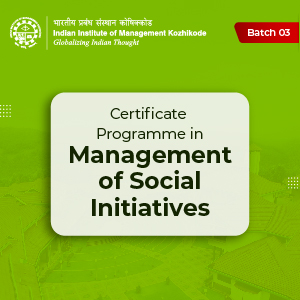
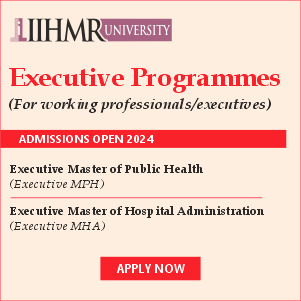
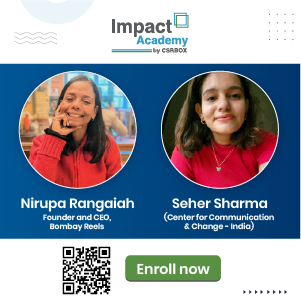








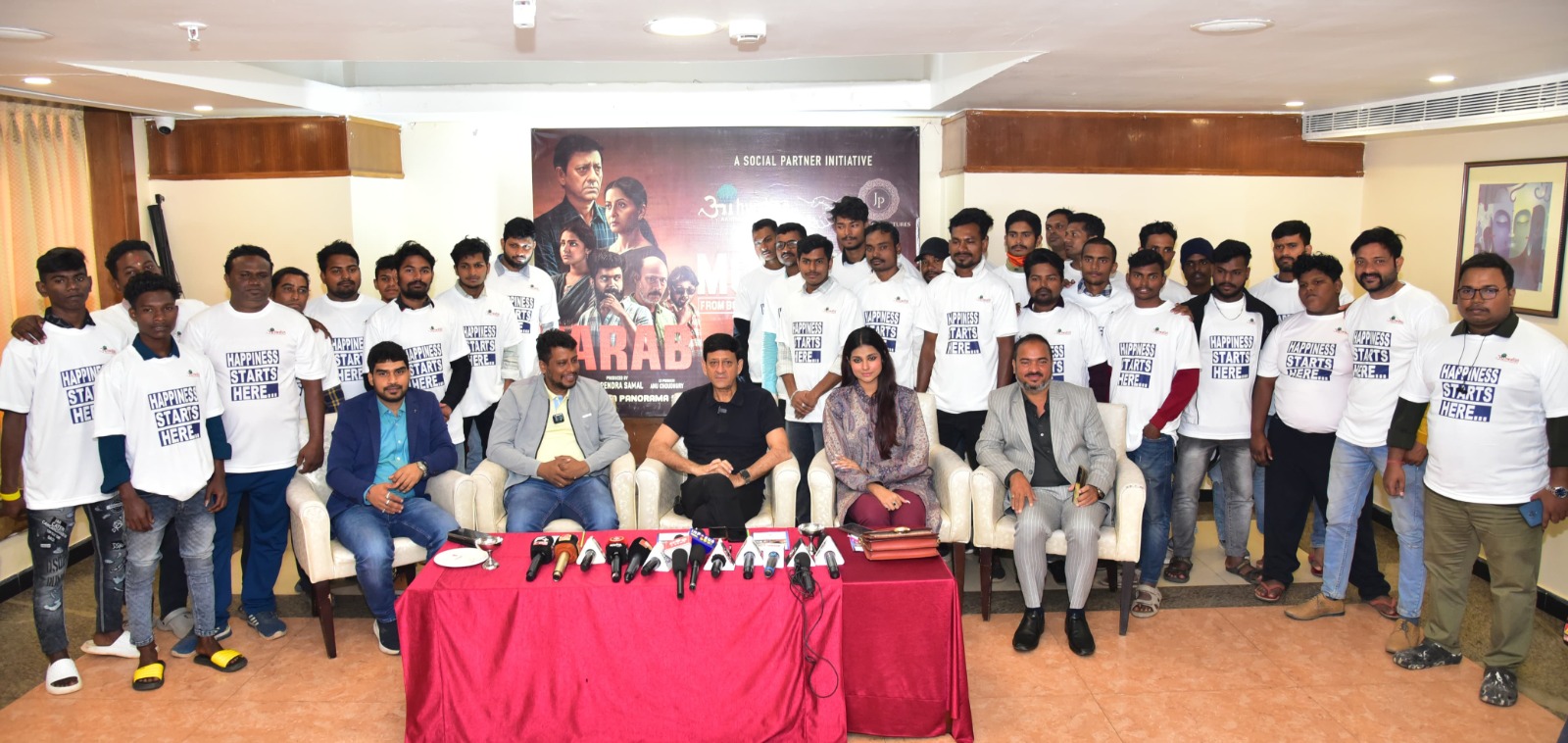
.jpg)
